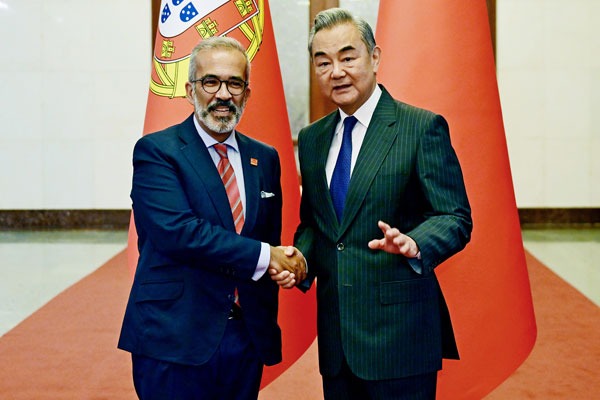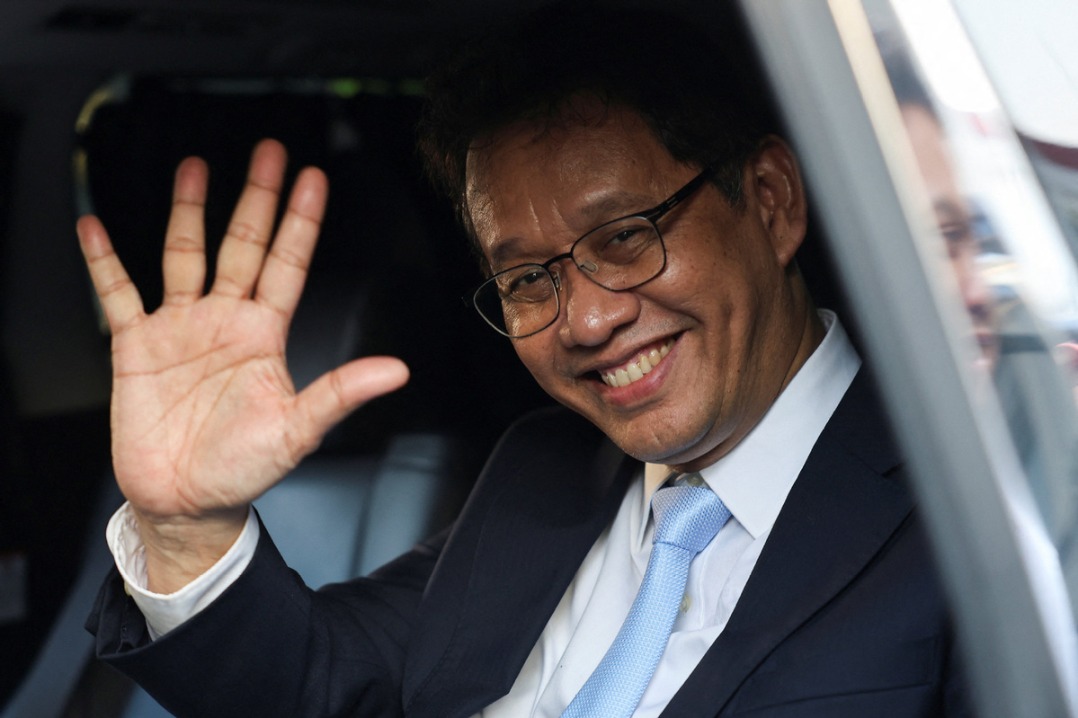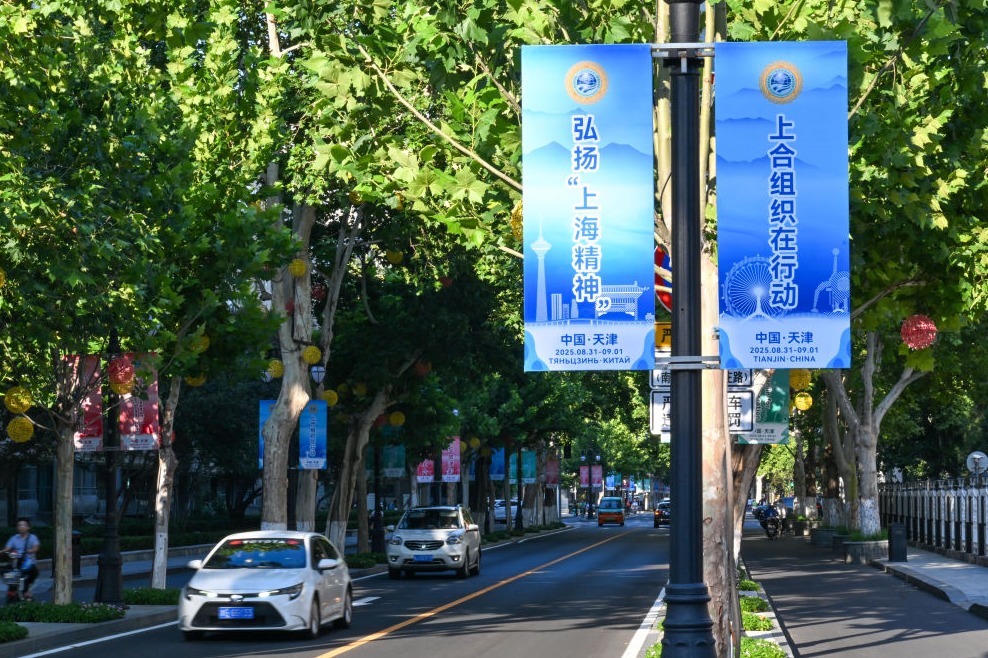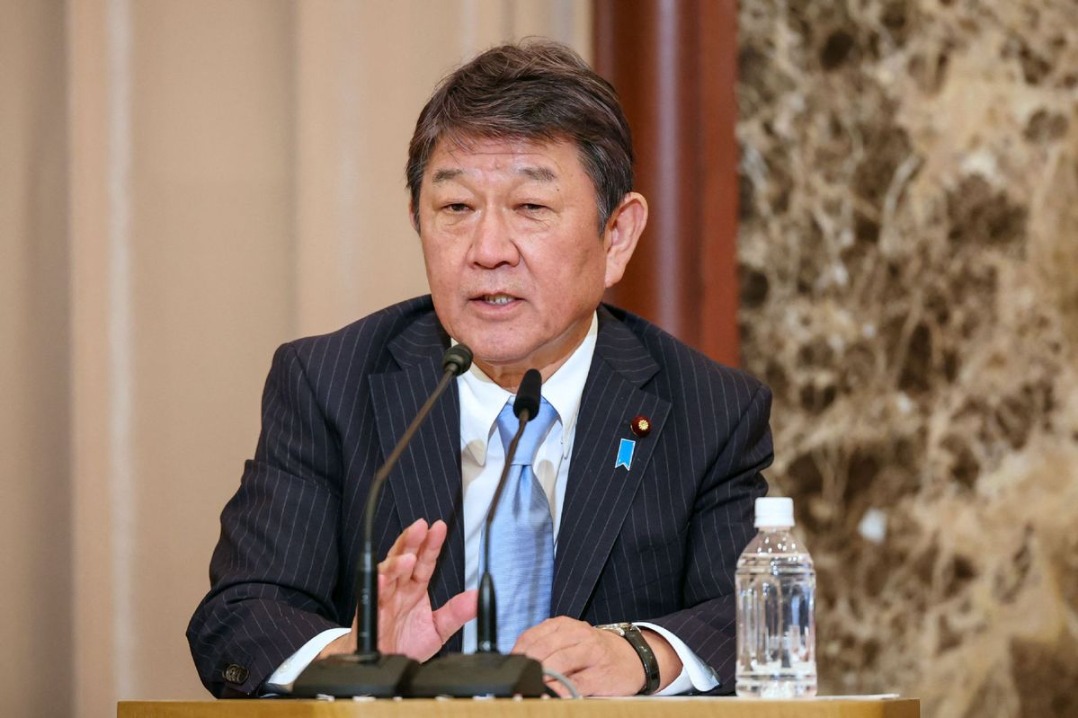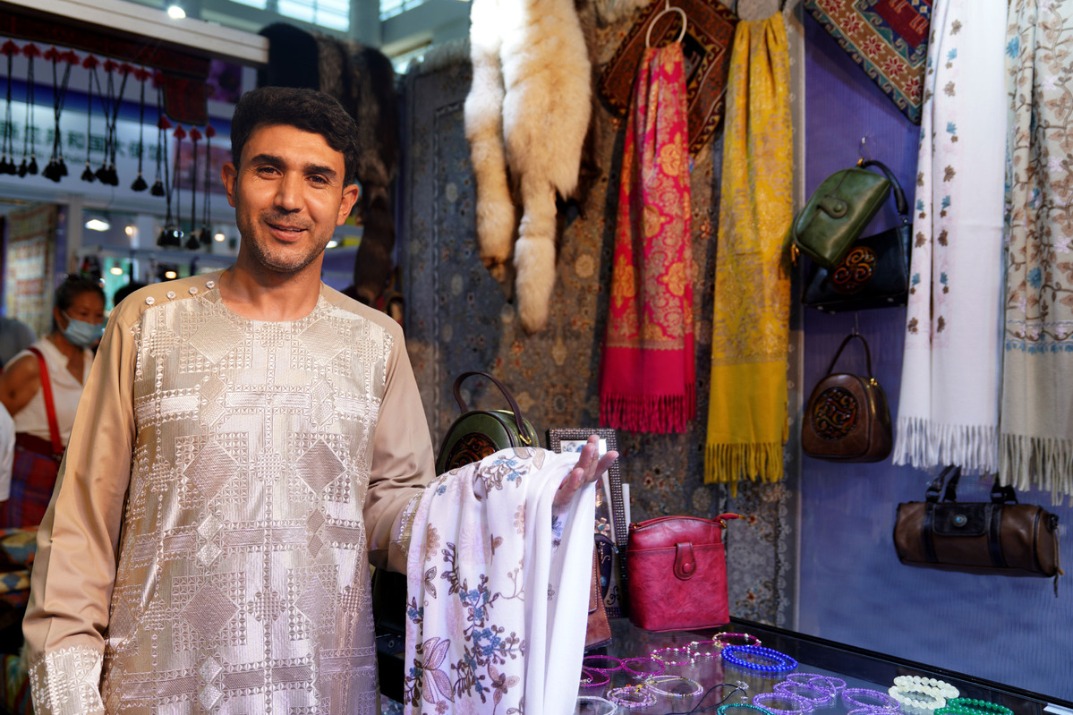Norway votes in tightly contested election race

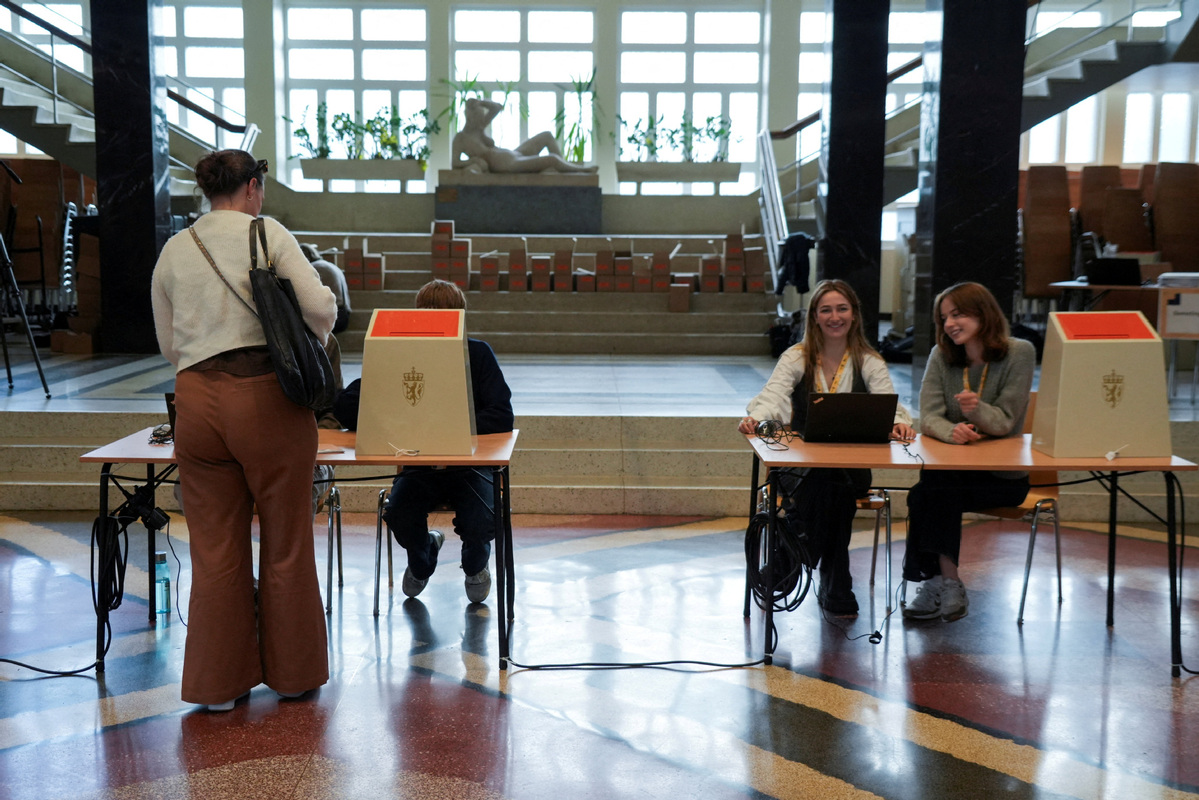
Voters in Norway went to the polls on Monday in a closely fought parliamentary election dominated by rising living costs and international political turmoil.
Domestic matters — particularly inflation, healthcare, inequality, education and the possibility that a wealth tax will be abolished — have dominated campaigning.
International issues in focus include United States President Donald Trump's tariff threats and concerns around the war in Gaza and the Russia-Ukraine conflict.
About 4.3 million of Norway's 5.6 million population are eligible to vote for the 169-seat Storting, the country's supreme legislature, with confirmed results due late on Monday night or Tuesday.
The most probable outcome, according to pre-election polls, would be a narrow victory for the left-wing bloc, which would see Prime Minister Jonas Gahr Store, in office since 2021, continue to lead the minority Labour government, joined by former NATO chief Jens Stoltenberg as finance minister.
Pre-vote polls put the left-wing bloc of Labour and four smaller parties at 88 seats, which is three more than is needed for a majority but down from 100 in 2021.
The right-wing alliance, including Sylvi Listhaug's populist Progress Party and the center-right Conservatives, stood at 81 seats before voting began. Some analysts have described Listhaug's rising influence as the "Maga-fication" of Norwegian politics.
Reuters reported the election's outcome would affect the country's oil and gas industry, power supplies to Europe, and management of Norway's $2 trillion sovereign wealth fund, which is the world's largest.
With its vast oil and gas reserves, Norway ranks sixth globally in GDP per capita, ahead of the United States, according to the International Monetary Fund.
Political scientist Johannes Bergh told the Agence France-Presse news service Store's long experience in global affairs would clinch him votes. International challenges would "make voters rally around the sitting government", Bergh said.
Benjamin Tegelaar-Breiby, a software developer speaking to Reuters in Oslo, said he hoped for a center-left win.
"I feel like the world is kind of crumbling around us and so I would like stability in Norway. That's kind of what I'm voting for," he said.
Olav Hetland, a pensioner, told AFP: "Stability is really important. The security situation in the world is quite unstable, it's quite an unstable world."
The Guardian newspaper quoted commentator Shazia Majid, a journalist for the Norwegian newspaper VG, as describing the election as "unexpectedly suspenseful".
"It's truly been a whirlwind of an election with loads of unexpected twists and turns. Norwegians are waiting for the results with bated breath," she said.
Voting patterns among young men favoring the right have highlighted a class and gender divide that has become a "mobilizing factor on both ends of the political spectrum", she added.
"For left-wing parties, the Gaza war has been an important theme, especially toward immigrant background Norwegians and young voters," she said.
jonathan@mail.chinadailyuk.com
















